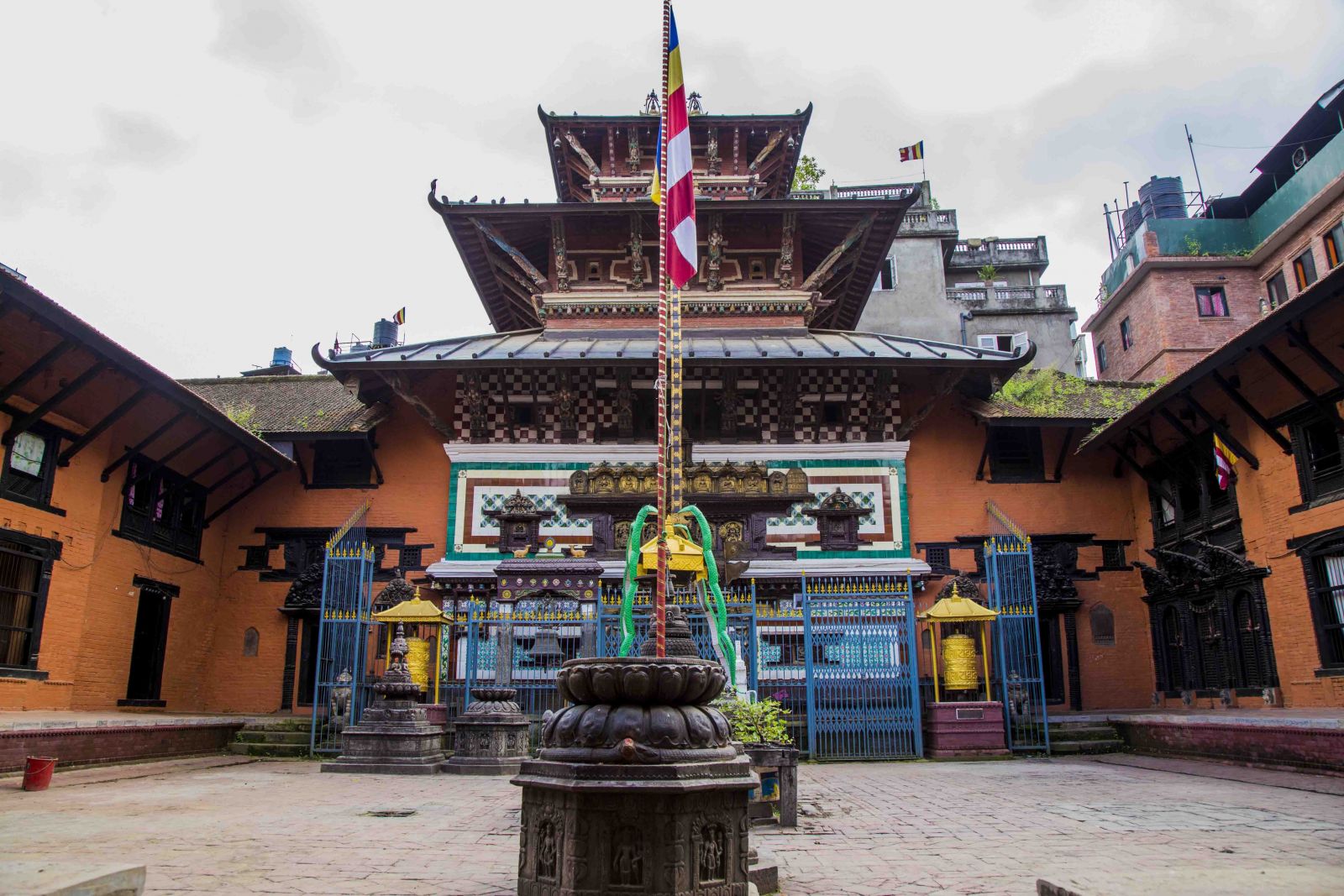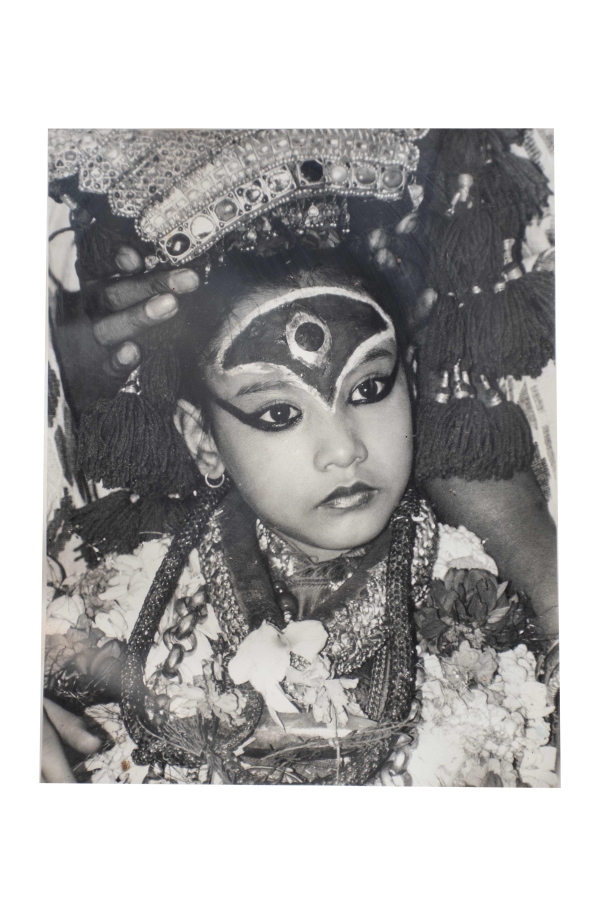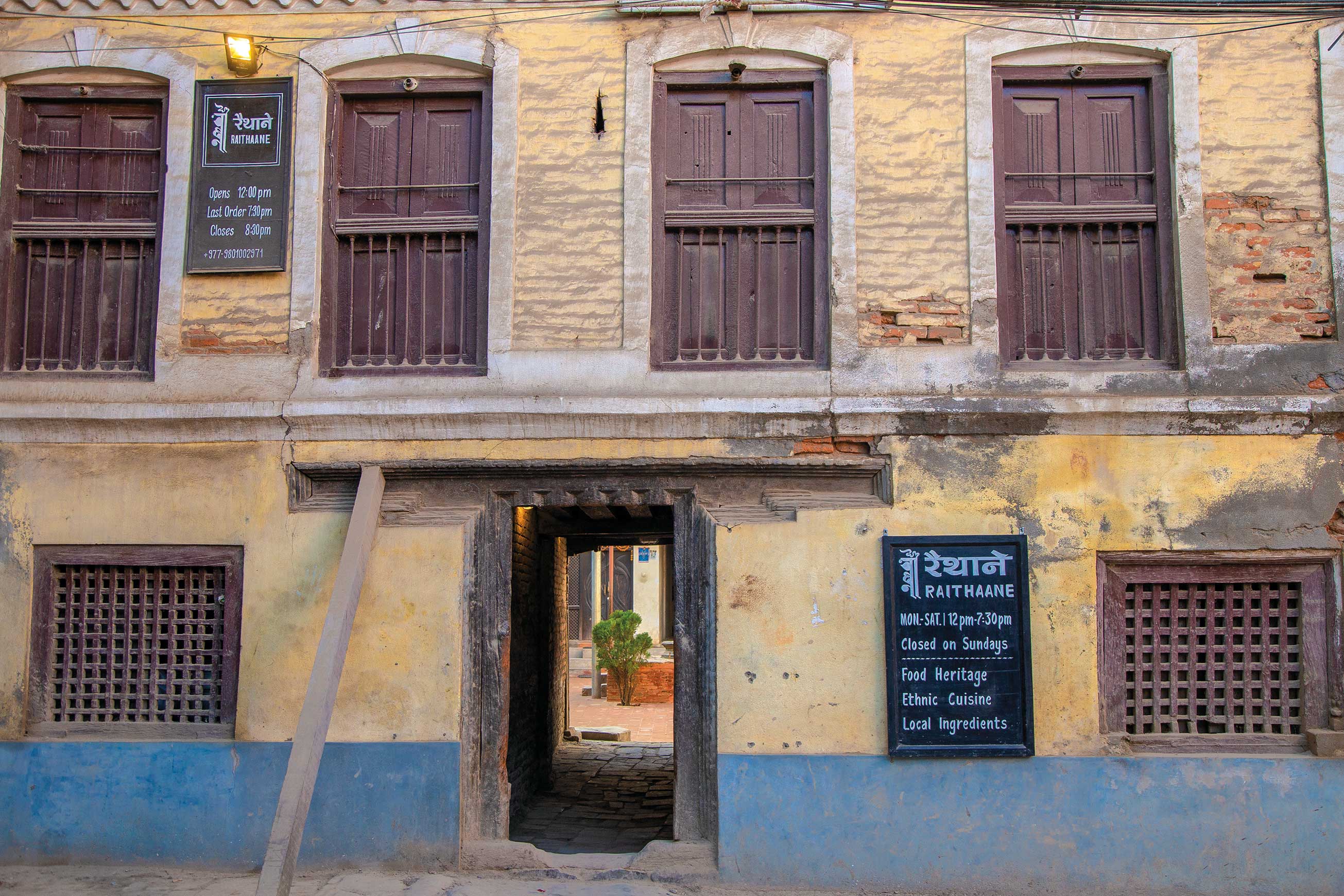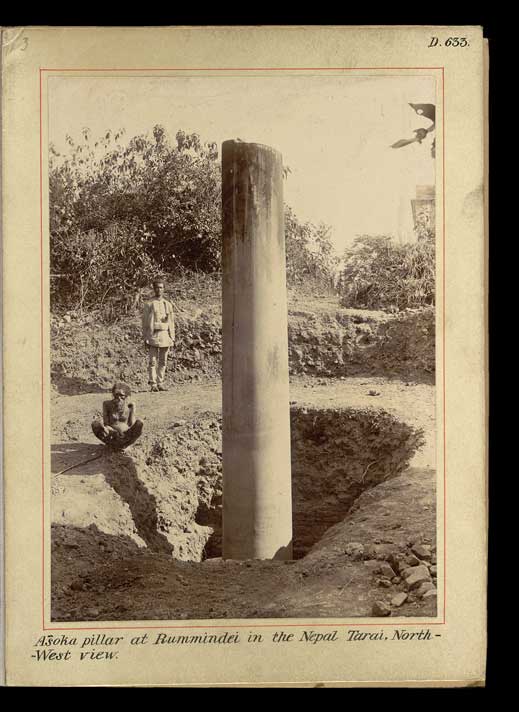Where Am I
The Blessing
I entered the small doorway, carved as intricately as only the doors of Lalitpur’s magnificent mahavihars can be, ducking my head as I did so, and walked around a wide courtyard to a doorway leading into a small dark portico. Inside, there were alcoves with pairs of shoes in them. I, too, took off mine, along with my leather belt, and put them in an empty alcove. Then, I made my way up a narrow wooden stair to the first floor, where a pleasant-looking lady in kurta suruwal stood in front of a curtained door. As soon as she saw me, she peeked inside the curtain, and said something in a small voice.
.jpg) |
Then, she led me inside, and offered me some water from a small copper vessel, with which I washed my hands, a purifying gesture. It was a big room, comparatively, and at the far end sat a small girl in a high backed chair. She was pretty, perhaps eight or nine years old. Her kohl-lined eyes looked upon me; there was serenity in them, and she was dressed resplendently in a bright red sari with a gold blouse. Her hair was piled up high in a bun. I may have missed it, but I think there was a gold tiara or something like it on her hair. Her face was made up carefully. She was an inspiring sight.
At her feet were different objects of worship, along with a large circular tray that held different denominations of currency. My eyes were immediately drawn to Mao Tse Tung’s face on a crisp RMB note. I knelt in front of her on a cushion with folded hands. She held her delicate hand out and put a bright red tika on my forehead. It was such a smooth practiced movement; she must have done it a thousand times and more. It was also a very graceful and dignified gesture.
I gazed up at her face, quite self-consciously, in fact. Here I was, a grown man past his prime, and there she was, a small girl not yet ten, and it was amazing that it was I who felt quite inadequate, while she returned my gaze with her sparkling dark eyes with nary a flicker on her calm and peaceful face. Her composure was really striking. I placed a fifty rupees note on the plate and bowed low again with folded hands. Let me tell you, I might not be the religious sort, but I felt blessed in this child-goddess’s presence.
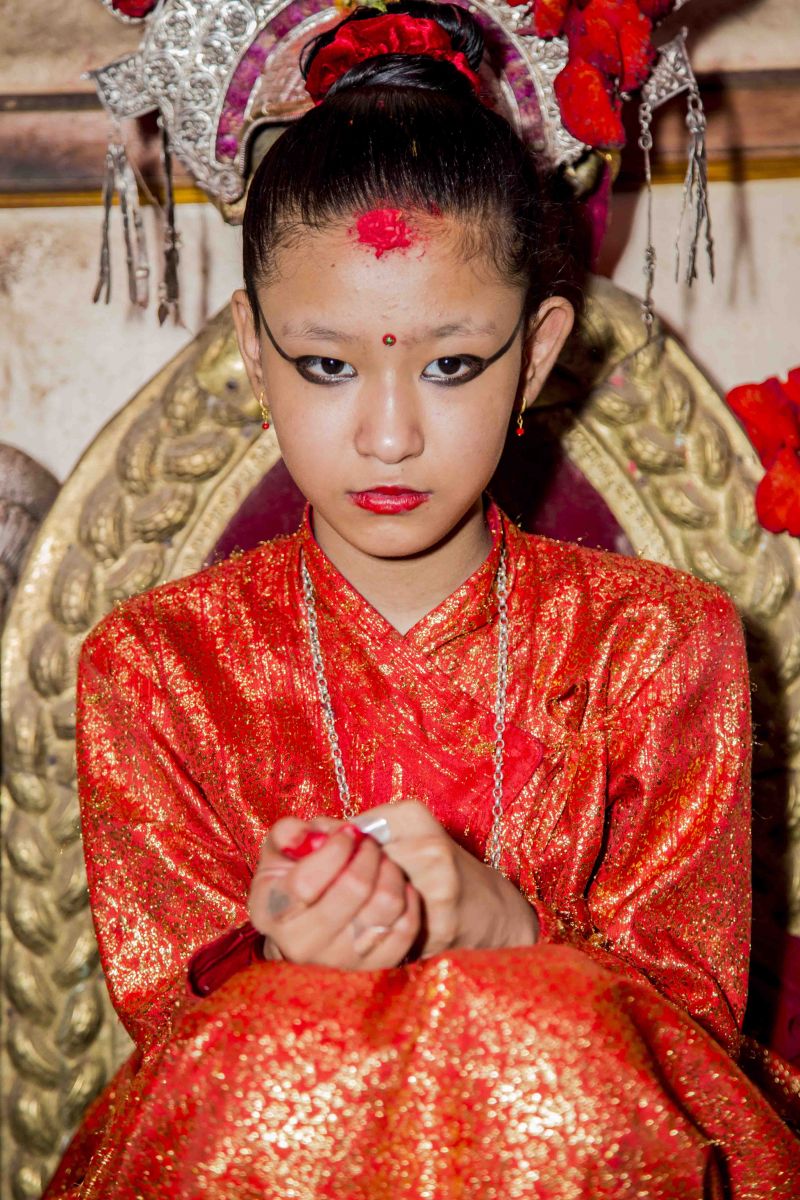 |
As I walked out of the sanctum sanctorum, I met half-a-dozen men and women waiting for their turn outside. On asking (I being the curious sort), I came to know that they were from Indonesia, and there was a look of great expectation writ large on each face. I went down the stairs, put on my shoes and belt, and walked out into the courtyard, at one end of which is a grandly built pagoda temple, the doors of which were closed at the moment. A pati (a covered wooden platform that can perhaps be described as a public loggia) on the opposite side of the temple, and in front of the main entrance (I had come through a side door), was a most convenient place to sit down for a few minutes to contemplate on my recent visitation with a goddess. There were a few menfolk around, lazing it out on the welcoming pati, and the whole environment was a most tranquil one.
When I reached home, I looked into the mirror and was happy to see the bright red tika on my forehead. I didn’t want it to go away; it held great meaning for me. Like I said, it was a blessed day for me, and there was blissfulness in me that brought a beatific smile on my face every time my mind brought up the image of the child-goddess putting out her delicate hand to bestow the tika on me.


